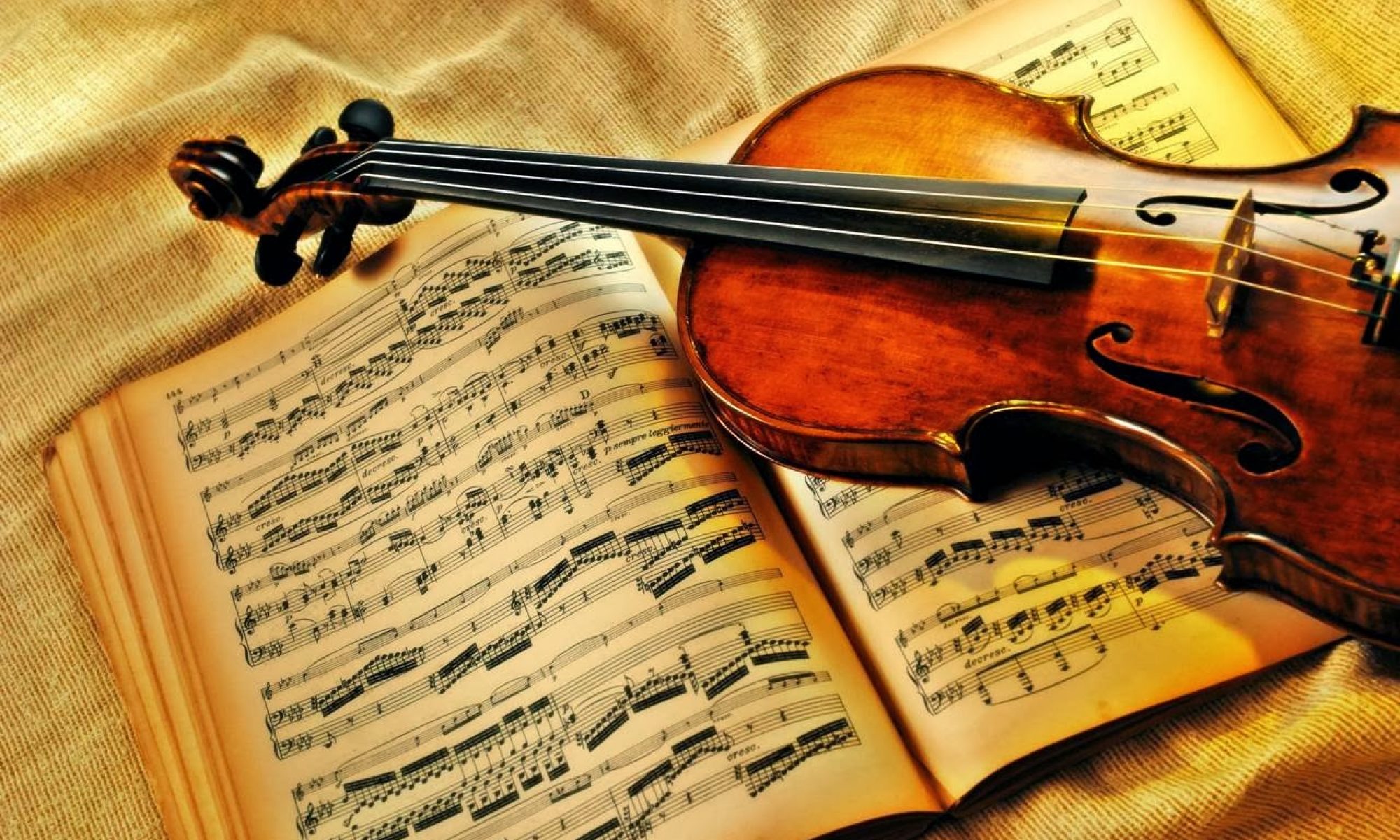CODA Recorded Audition Honor Code
All participants in CODA must commit to fair and honest auditions in the Honor Orchestra selection process.
The CODA Recorded Audition Honor Code has been established to cultivate a culture conducive to fair and honest auditions. The Honor Code requires that the CODA board, students, orchestra directors and private teachers work together to uphold audition integrity.
The CODA Board will support this culture of audition honesty by conducting audio-only (no visual) recorded auditions which conceal the performer’s identity and thus eliminate any bias. While sometimes contested, this style of “behind-screen” audition mirrors the current processes of symphony orchestras nationwide and allows for increased equity.
The CODA Board will provide clear instructions on how to record an audio audition. The board will make it evident to all parties involved that students are not allowed to enhance their recordings or modify any part of their audition, including but not limited to tempo, tone, or intonation. Students may record the assigned scale or excerpt multiple times and select their best recording. Splicing is not allowed within an excerpt (except at double bars where indicated); the entirety of the excerpt needs to be recorded in one take by the student who is applying.
If there is suspected dishonesty of an audition, the student will be contacted and asked to play the excerpts for their director or a CODA representative. If the recording has been deemed dishonest, the student will be disqualified from auditioning for the current year, as well as for future years. A school’s orchestra program may also be disqualified from applying for the CODA Honor Orchestras and/or All-State Orchestras for the following year.
Students will support this culture of audition honesty by precisely following the instructions provided by the CODA Board when preparing their audio recordings. This includes turning off any default “reverb” added by recording software, and by making sure to adhere to the recording instructions.
Orchestra Directors and Private Instructors will support this culture of audition honesty by providing clear guidance in a meeting with potential audition applicants, in their course syllabi, and in response to any student questions. Directors should listen to each student audition in full before it is submitted to “sign off” on its authenticity, and to confirm that there are no digital alterations to their recording, or enhancements including reverb.
The CODA Board believes if all parties work together, we can create a community which embraces fairness and respect for fellow musicians in the audition process.

